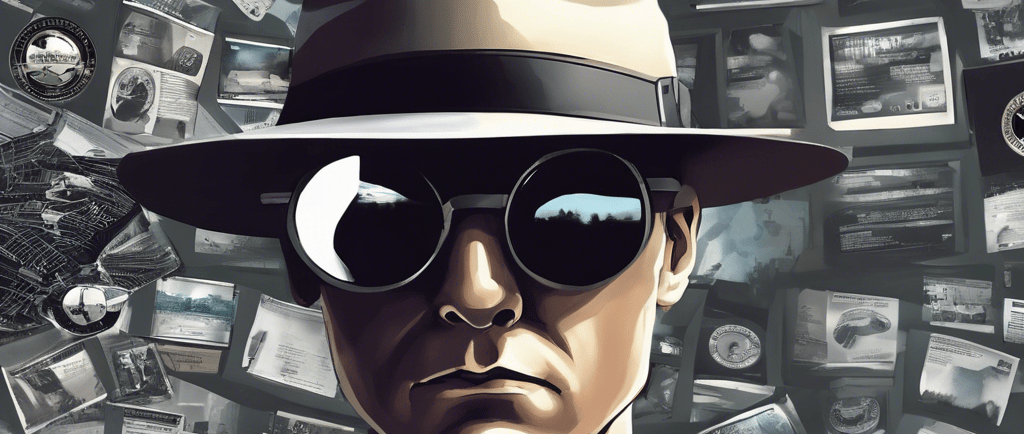The Inner Workings of Private Investigators: Training, Procedures, and History
The Inner Workings of Private Investigators: Training, Procedures, and History
Andrew Drake
8/3/20252 min read


Understanding the Role of Private Investigators
Private investigators (PIs) play a crucial role in uncovering information and conducting thorough investigations on behalf of individuals or businesses. Their work encompasses a variety of tasks, including surveillance, background checks, and gathering evidence for legal cases. The profession has a rich history, tracing back to the early 19th century when Eugène François Vidocq, a French criminal and spy, established the first private detective agency. Since then, private investigation has evolved significantly, incorporating modern technology and methods.
Training and Skills Required for Private Investigators
Becoming a private investigator requires a specific set of skills, along with formal training. Many PIs start their careers in law enforcement or military service, which provides valuable experience and training in investigative procedures. However, other pathways to becoming a PI include completing a degree in criminal justice or attending specialized training programs offered by institutions focused on private investigation.
Training for private investigators typically includes coursework in surveillance techniques, evidence collection, interview methodologies, and report writing. Additionally, PIs must be well-versed in local laws and regulations relating to privacy and legal procedures. This knowledge is essential as it helps them navigate the legal landscape and ensure that all investigations comply with the law.
Basic Procedures Followed by Private Investigators
The procedures adopted by private investigators can vary widely based on the case at hand but generally follow a few fundamental steps. Initially, a PI will consult with their client to understand the objectives and specific details surrounding the investigation. This dialogue helps guide the approach and determines the necessary resources and techniques to be employed.
Once a clear understanding of the case is established, the investigator will conduct preliminary research, which may involve background checks, public records examination, and online research. Surveillance often forms a critical component of their work, allowing them to monitor individuals discreetly and gather necessary evidence.
Upon collecting data, PIs meticulously document their findings, which can include photographs, written reports, and any other relevant materials. This documentation is crucial, especially in cases that may lead to legal action, as it needs to be both accurate and compelling. Finally, the investigator presents their findings to the client, often with recommendations for further actions based on the evidence collected.
In conclusion, the profession of private investigation is both challenging and rewarding, requiring rigorous training, adherence to legal standards, and a deep understanding of investigative techniques. As the landscape of information gathering continues to evolve with technology, so too does the role of private investigators, standing as critical figures in modern-day inquiries.
Services
Surveillance (Domestic, Insurance, Civil)
Special Investigations Unit (SIU) & Claims Investigations Unit (CIU)
Skip Trace & Locate Services
Process Serving
Mobile Notary Services
Child Custody & Family Law Investigations
Infidelity & Cheating Spouse Investigations
Background Checks
Social Media & Online Presence Investigations
Premises Liability & Insurance Fraud Investigations
CONTACT US TODAY
Integrity
contact@metroinvestigator.com
GA PI COMPANY LICENSE # PDC003007
706-294-6954
© 2025. All rights reserved.
